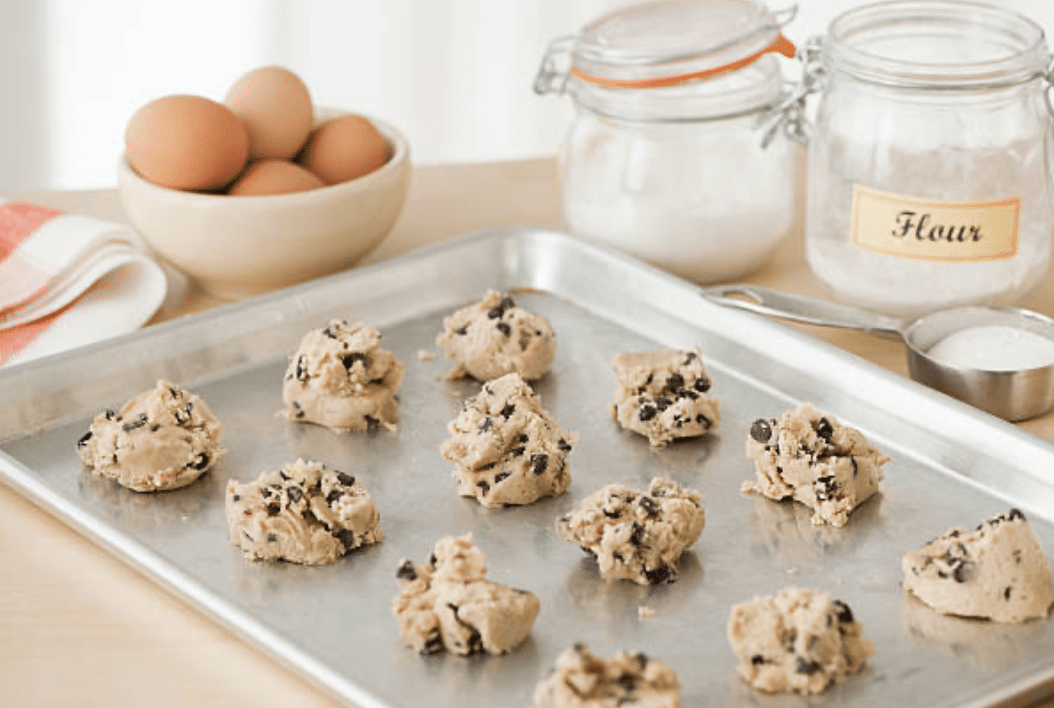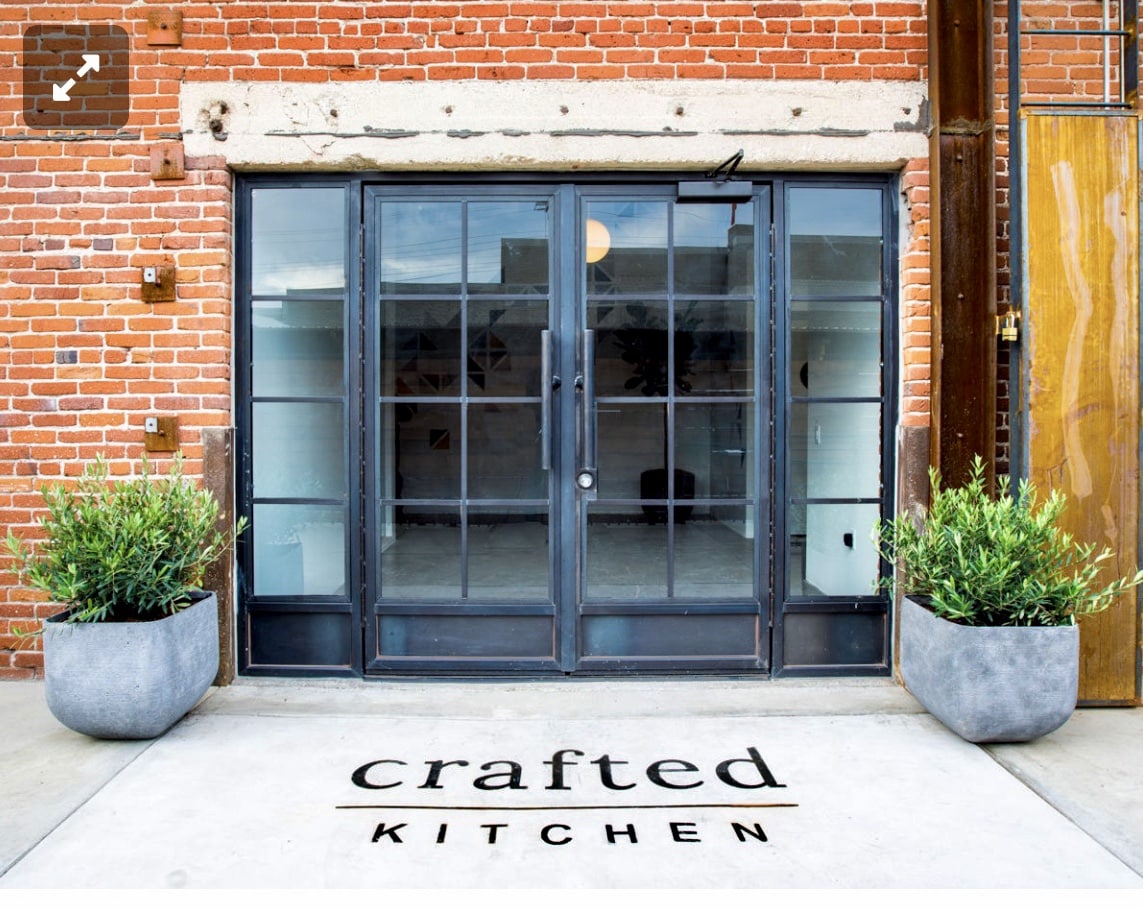-

Although launching a food business can be an exciting journey, it does, however, come with some challenges. Here are the top five concerns that food entrepreneurs typically face, along with practical tips to help you address them. Firstly, Navigating Regulatory compliance Concern: One of the biggest challenges for new food business owners is navigating the…
-

If your homemade goodies are flying off the shelves and you’re ready to level up production, congratulations! Scaling up can be exciting—and a little daunting. The biggest challenge? Making sure your recipe works just as well in large batches as it does in small ones. Here’s a straightforward guide to recipe scaling so you can…
-

Starting a cottage food bakery is a dream for many, but as orders start rolling in, scaling up can feel overwhelming. The good news? It doesn’t have to be. With a few smart tweaks, you can scale your business without losing the charm (or your sanity). Here’s how. 1. Work Smarter, Not Harder As orders increase,…
-

Ten Little Known Facts: The Artisan Food Industry Discover 10 little known facts about the intricacies of the artisan food industry and how it shapes our your business journey. Here are 10 little known facts about the artisan food industry that aspiring entrepreneurs should keep in mind before starting a small food business: Starting a…
-

If you’re reading this blog, you’re probably making something delicious in your home kitchen. It’s so good, people often tell you that you should start a business. You might be thinking that you really do make great dog treats (as an illustration), and you might be wondering if you should start a food business. Could…
-

What’s the difference between margins and mark-ups? Which do you use, and when? Simply stated if you’re a packaged food/taxable grocery brand, you should use margin, not mark up. Why? Because that’s what stores, and distributors and brokers and wholesale buyers use. You need to be speaking their language, because when a business analyzes their…
-

From sourcing ingredients to accelerating sales, since the pandemic, the challenges facing small food business owners have become much larger. A specialty confection producer recently told me that if her business doesn’t make money this year, she’s done because she can earn more money working fewer hours back in corporate consulting. The producer is stocked…
-

Does this sound familiar? “I have this dream of starting a food business. Of being a foodpreneur. I’ve been thinking about making my granola for people; everyone wants my granola, everybody asks me for it.” Is this a good time to start a food business? It’s spring. New You? The barriers to entry for starting…



